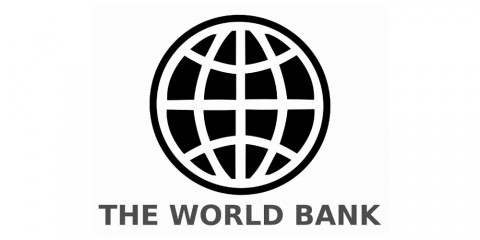Advancing the implementation of the Water and Sanitation Program Global Strategy
2009 - 2015 • International Bank for Reconstruction and Development, WSP, Water and Sanitation Program, Worldbank, World Bank
Purpose
To develop and disseminate best practices in the water, sanitation, and hygiene sector by supporting the Water and Sanitation Program (WSP).
Activities
Achieving the vision of the SDGs requires a bold
new approach that integrates the varied disciplines
within the water sector under the common goal of
achieving a water-secure world for all. The World
Bank Water Global Practice (GP), which consists
of world-renowned technical expertise, sector
knowledge, and extensive in-country presence,
has the potential to serve as an implementing arm
of the SDGs.
WSP’s integration into the Water GP brings a
tremendous opportunity to leverage the World
Bank’s financial and global knowledge base to
achieve these goals. The creation of the Water GP
allows for an integrated water agenda, bringing
together the World Bank’s finance and knowledge
systems under one management structure to turn
global knowledge into implementation.
WSP’s increased role within the Water GP has
already begun to impact World Bank lending.
WSP is supporting the delivery of a US$300
million World Bank rural sanitation and hygiene
program in Vietnam by building capacity of
implementing agencies in 19 provinces in the
Northern Mountainous and Central Highlands
to enable them to deliver sanitation services in
remote areas.
WSP helped design one of the first
World Bank projects that focused on urban onsite
sanitation in Lusaka, Zambia. The US$305
million Lusaka Sanitation Program, being funded
by a number of other development partners, will
provide more than 200,000 people with improved
sanitation. WSP is also suporting the design of
a US$1 billion lending and technical assistance
program for sanitation in small towns in Egypt.
WSP developed 123 knowledge products this year. The new knowledge
products are increasingly being published in academic journals. Since
2011, WSP has produced more than 579 knowledge products.
Countries of activity
Location of main activity
Further information
WSP continues to collaborate with Gesellschaft für
Internationale Zusammenarbeit (GIZ) and the Bill &
Melinda Gates Foundation and with the universities
of Leeds and Loughborough to promote and
facilitate the use of fecal waste flow analysis. The
Foundation provided an initial tranche of US$1
million to begin work on this approach and has
already co-organized discussions with WSP and
other partners at two major events in 2015—
the Stockholm Water Week and the Global FSM
conference in Vietnam.
WSP got two grants from the Gates Foundation of about 10-11 Mio USD each.
Filter tags
Bill & Melinda Gates Foundation Capacity development Cities Community sanitation East Asia & Pacific Emptying and transport (non sewered) Enabling environment and institutional strengthening Faecal sludge treatment processes Global Market development Multilateral organisation Operation, maintenance and sustainable services Political processes and institutional aspects Practitioners Rural Rural areas Sub-Saharan Africa Technology comparisons Treatment of faecal sludge Treatment of wastewater or greywater Urban (entire city)
Links

Uploaded by:
danijela milosevic (milli)














